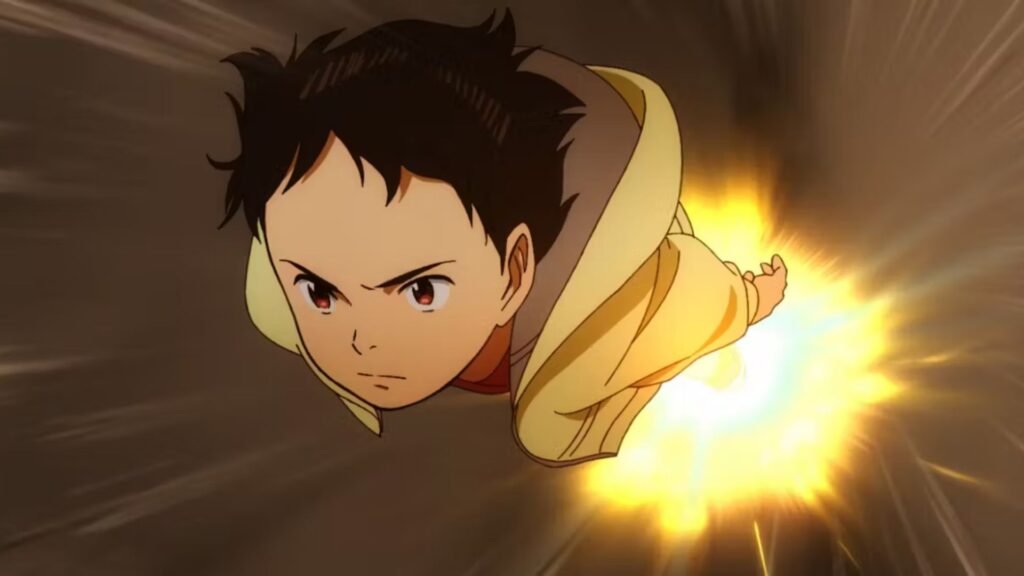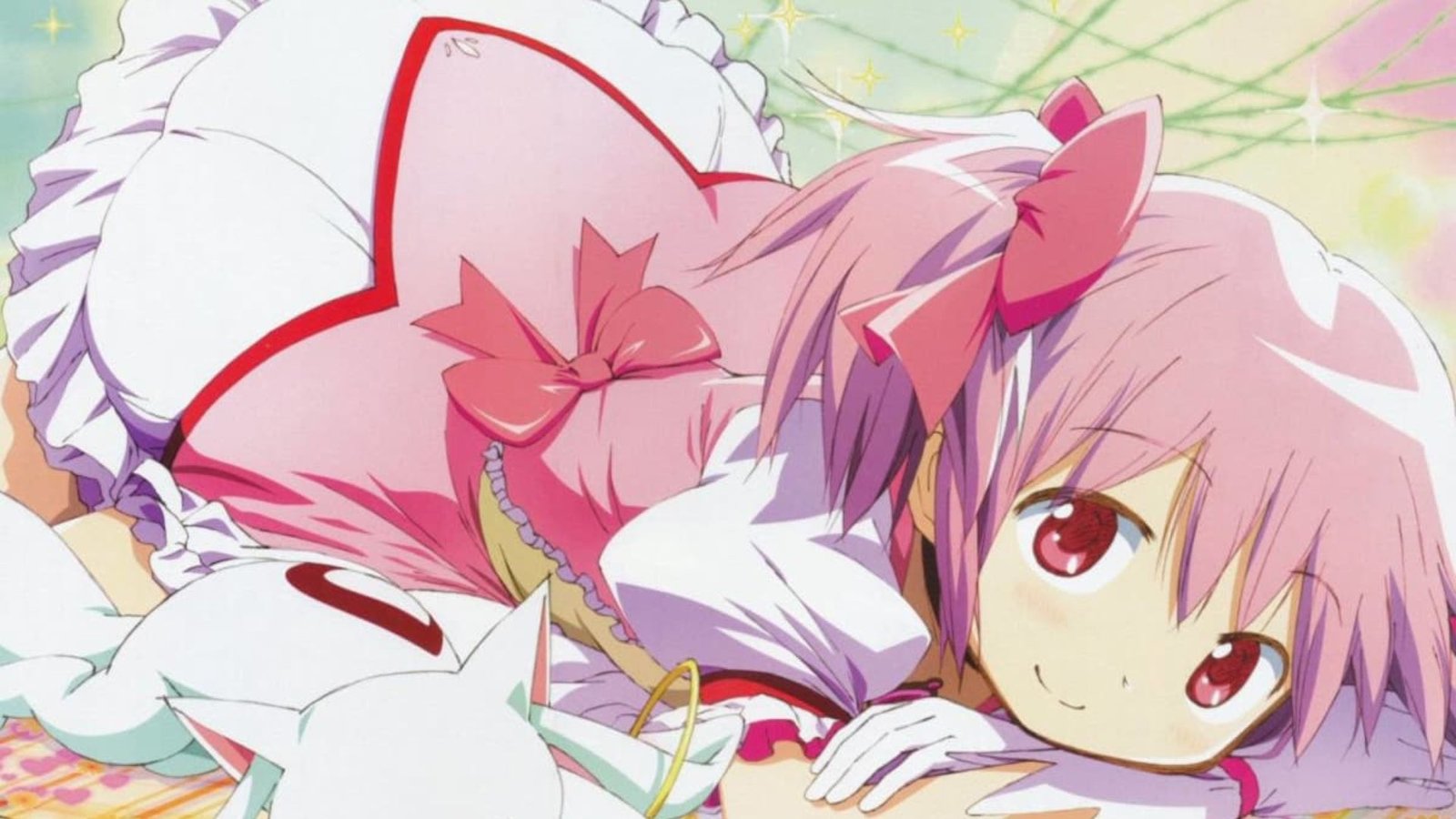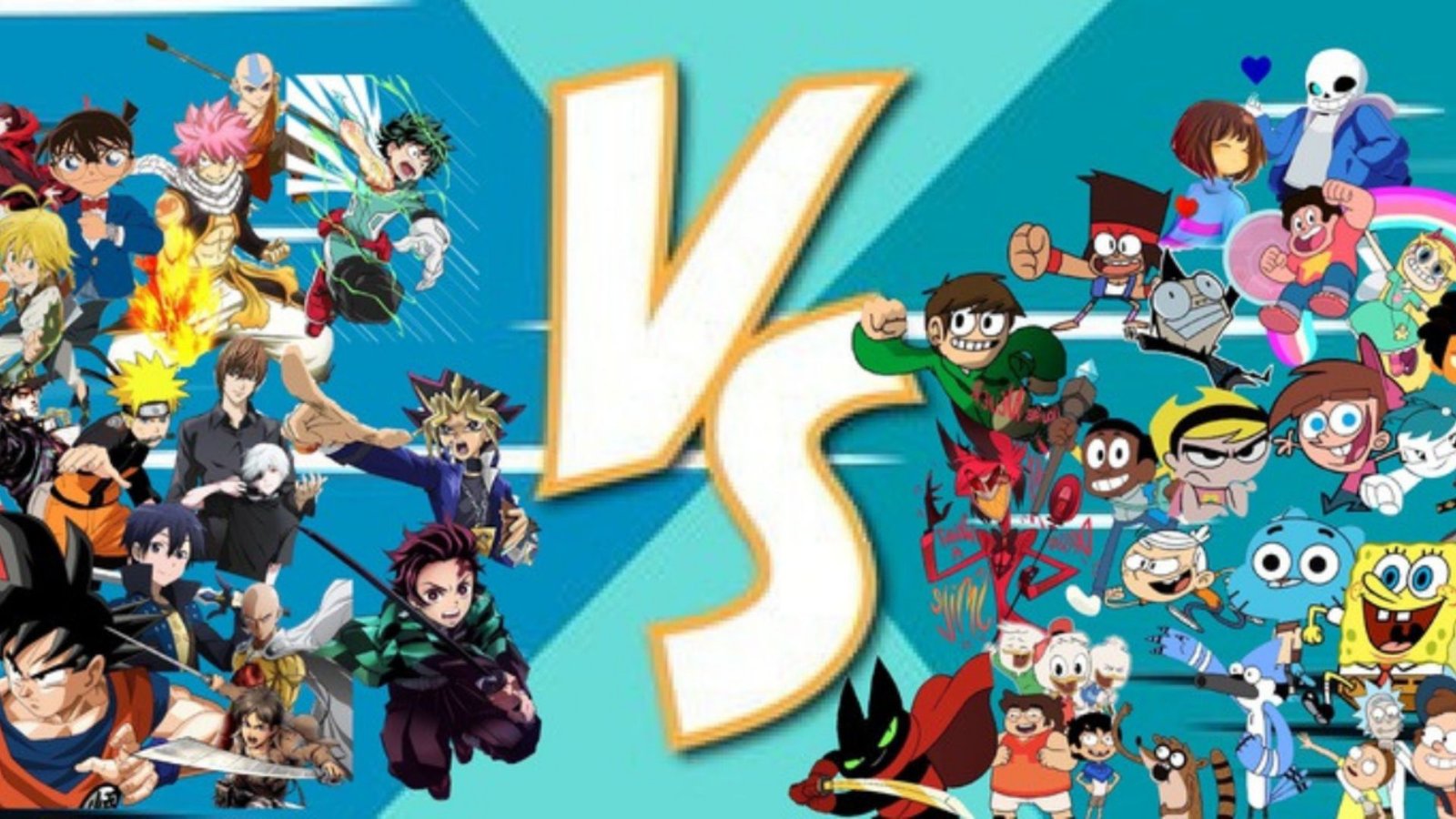Anime has often been viewed primarily as entertainment, but over the years, many series and films have emerged that dive into profound philosophical concepts. From existential musings to moral dilemmas and the nature of reality, anime can explore complex ideas in ways that are both accessible and thought-provoking. In this article, we’ll explore how anime tackles deep philosophical questions, offering viewers not only a captivating story but also a deeper understanding of the human condition.

Existentialism: The Search for Meaning in Life
One of the most common philosophical concepts explored in anime is existentialism, the belief that life’s meaning is not predetermined but must be created by individuals themselves. This idea is often depicted through characters who are searching for purpose, struggling with the void, or questioning the meaning of their existence.
Example: Neon Genesis Evangelion
In Neon Genesis Evangelion, the characters are constantly grappling with questions of identity, purpose, and the meaning of life. Shinji Ikari, the protagonist, embodies existential questions through his rejection of traditional structures of authority and his deep self-doubt. The anime dives into the struggle of finding meaning in a chaotic world, using the characters’ psychological torment to reflect existential themes.
Why It Matters:
- Neon Genesis Evangelion presents the idea that the search for meaning is a deeply personal experience, often fraught with fear and uncertainty, a key aspect of existentialism.
- The series emphasizes how individuals may feel isolated in their search for purpose but must continue to find their way through self-reflection and action.
Morality and Ethics: What is Right and Wrong?
Anime often raises questions about morality and ethics, examining what it means to do the right thing, the consequences of actions, and how societal values shape individual choices. The moral dilemmas faced by characters often challenge viewers to think about their own beliefs and values.
Example: Death Note
In Death Note, the protagonist Light Yagami is gifted with a supernatural notebook that allows him to kill anyone whose name he writes in it. This power places him at the center of a moral debate: Is it right to take lives in the name of justice? Light’s journey explores the consequences of absolute power and the slippery slope of moral relativism—what may seem like good intentions can lead to disastrous outcomes when unchecked.
Why It Matters:
- Death Note highlights the idea that moral decisions are rarely black and white, and even well-meaning individuals can become corrupted by their own sense of righteousness.
- It delves into themes of justice, power, and the cost of trying to create a perfect world, questioning whether the ends truly justify the means.
The Nature of Reality: What is Real?
Another philosophical concept that anime frequently explores is the nature of reality—what it means to exist in a “real” world and how perception can shape that reality. Many anime series ask deep questions about the boundaries between the real and the imagined, often involving alternate dimensions or simulations.
Example: Steins;Gate
In Steins;Gate, a group of friends discovers that they can send text messages back in time. As they manipulate time and face the consequences of their actions, they are forced to confront the idea of determinism versus free will. The anime raises questions about how time affects reality, and whether one can truly change the past without distorting the present.
Why It Matters:
- Steins;Gate challenges the viewer to think about the nature of time, free will, and causality, encouraging an exploration of whether we are simply pawns in a predetermined world or masters of our own fate.
- It also blurs the line between reality and perception, making the audience question whether the reality they see is the only possible one.
Conclusion
Anime offers a unique lens through which to explore profound philosophical questions. Whether it’s grappling with the meaning of life, exploring the limits of free will, or questioning the nature of reality, anime provides a rich medium for philosophical exploration. The combination of captivating storytelling, deep character development, and thought-provoking themes makes anime a powerful tool for examining the complexities of existence. Whether you’re a casual viewer or a philosophy enthusiast, anime offers plenty to ponder and reflect upon, making it a truly enriching medium.











